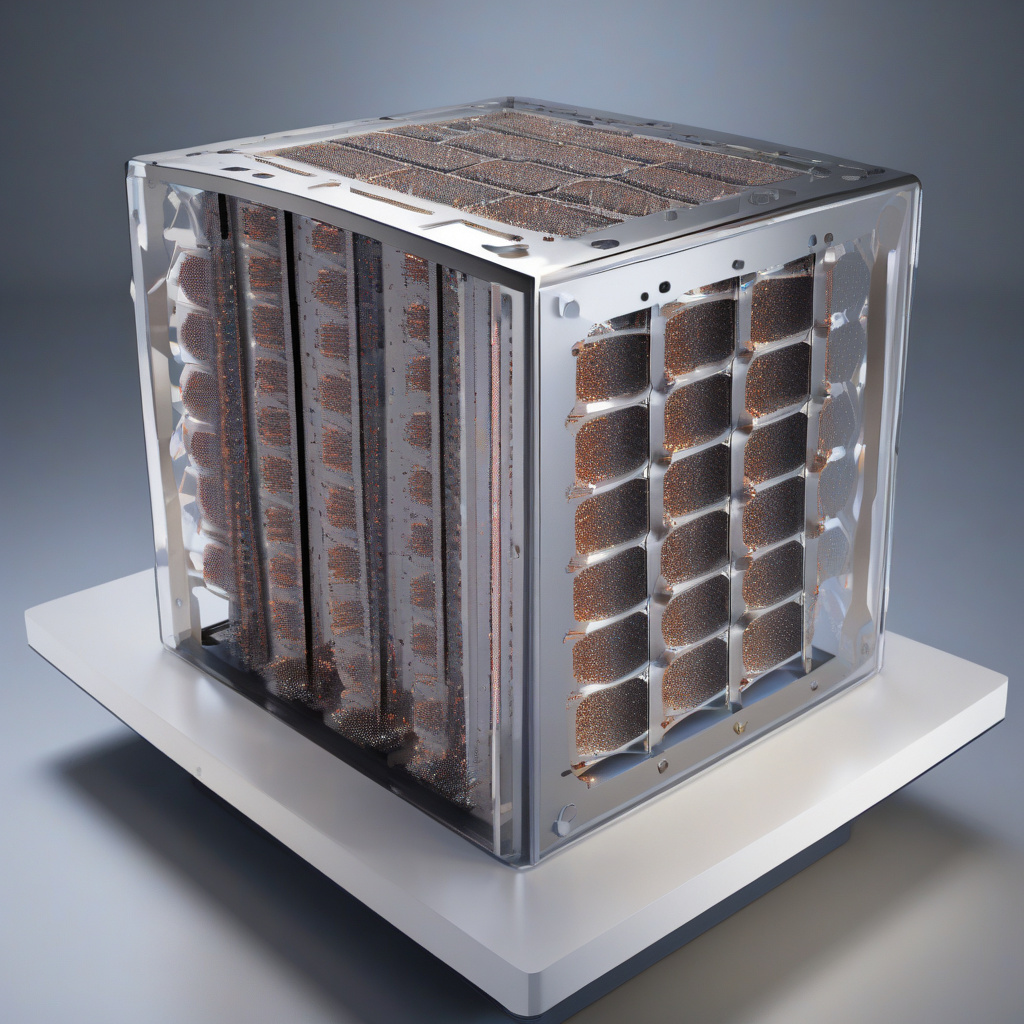A Breakthrough in Energy Storage: New Metamaterial Stores 160x More Energy, Paving the Way for Smarter Robots
Human progress has always depended on the ability to store and release energy efficiently. Springs, batteries, and capacitors have been the traditional go-to options. However, a groundbreaking development in metamaterials is set to revolutionize energy storage as we know it.
Researchers have recently unveiled a new metamaterial that can store a staggering 160 times more energy than the best-performing commercially available supercapacitors. This leap in energy storage capacity opens up a plethora of possibilities, particularly in the realm of robotics.
Imagine robots that can operate longer without frequent recharging, or robotic exoskeletons that can significantly enhance human strength and endurance. These advancements are no longer confined to the realms of science fiction but are on the cusp of becoming a reality, thanks to this new metamaterial.
Metamaterials are engineered materials designed to exhibit properties not found in nature. In the case of this new energy storage metamaterial, its unique structure allows for the efficient storage and release of energy at levels previously unattainable. This opens doors for applications in various industries, from robotics to renewable energy systems.
One of the key advantages of this metamaterial is its ability to store large amounts of energy in a relatively small volume. This compactness is crucial for applications where space is at a premium, such as in drones or wearable technology. By enabling more energy-dense designs, this metamaterial can lead to lighter, more agile robots that can operate for extended periods.
Moreover, the rapid charge and discharge capabilities of this metamaterial make it ideal for high-performance applications. Whether it’s a robot that needs to make quick, precise movements or a renewable energy system that requires rapid energy storage, this metamaterial delivers the necessary power on demand.
The implications of this breakthrough extend beyond robotics. Electric vehicles stand to benefit significantly from this technology, with the potential for longer driving ranges and shorter charging times. Grid-scale energy storage solutions could also leverage this metamaterial to enhance efficiency and reliability in managing renewable energy sources.
As with any emerging technology, there are challenges to overcome before this metamaterial can be widely adopted. Scaling up production to meet industrial demands, ensuring cost-effectiveness, and addressing any potential environmental impacts are all key considerations moving forward. However, the promise that this metamaterial holds for transforming energy storage solutions is undeniable.
In conclusion, the development of this new metamaterial marks a significant milestone in the quest for more efficient energy storage solutions. By storing 160 times more energy than current supercapacitors, this metamaterial has the potential to usher in a new era of innovation, particularly in the field of robotics. As researchers continue to refine this technology, we can look forward to a future where smarter, more capable robots are powered by this groundbreaking energy storage solution.
energy storage, metamaterial, robotics, innovation, efficiency











